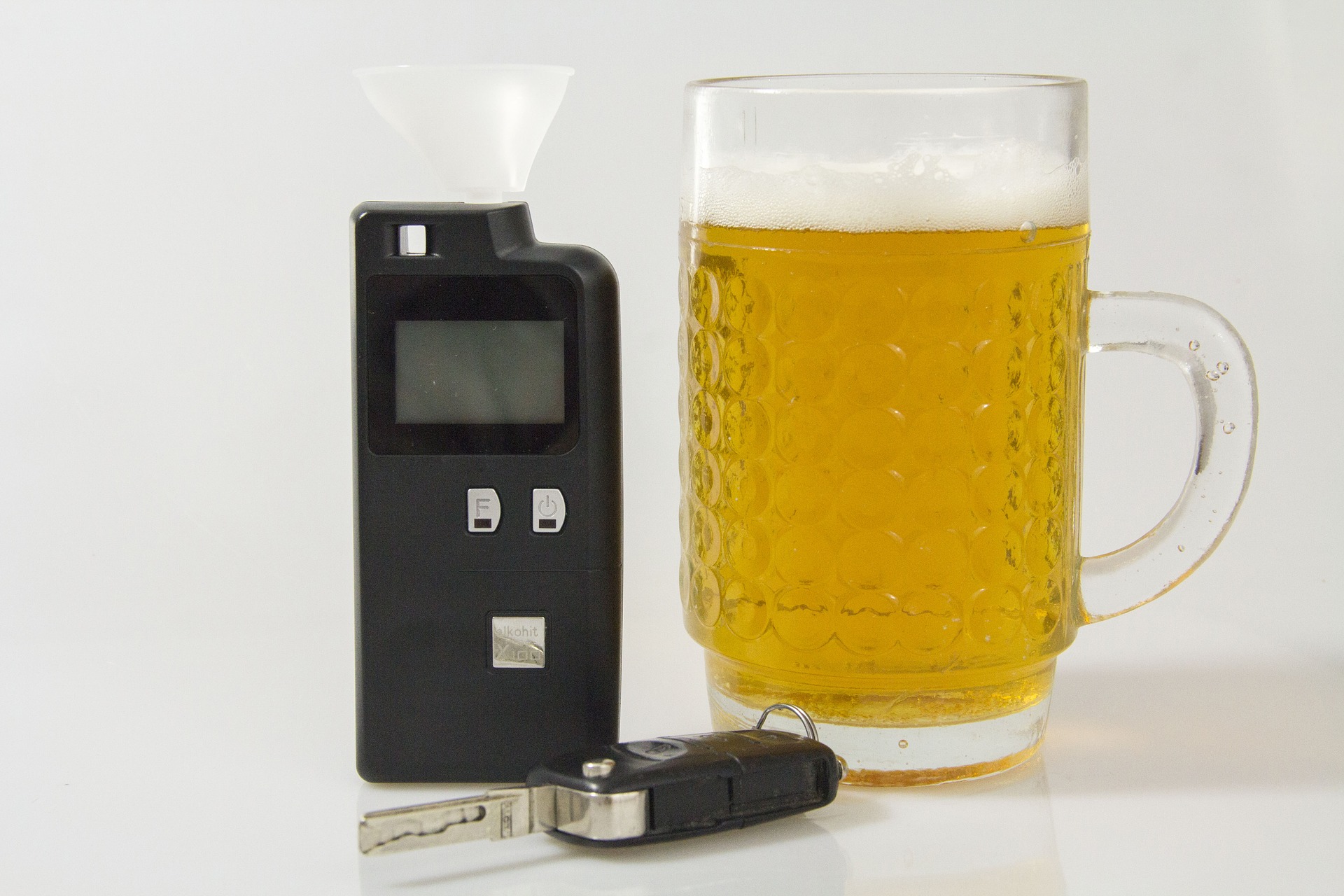
Being charged with driving while intoxicated (DWI) in New Jersey is a serious offense. It carries penalties that can follow a person for the rest of their life. That is why it is crucial for anyone facing these charges to retain the services of an experienced and aggressive New Jersey DWI defense attorney who can look into the details of the case to protect their future. This is because there are various ways that evidence can be challenged during a case in court. Continue reading below to learn more.
It is important for all people to be aware of the rights they have when they are pulled over by law enforcement. This lack of awareness can sometimes cause more trouble. When dealing with DWI charges, it is important to know the United States and New Jersey Constitutions protect citizens from illegal police stops. Police officers are required to have a valid reason to pull over a driver, otherwise the stop is illegal. Any evidence that is gathered from an illegal stop may be inadmissible in court.
New Jersey state law requires all law enforcement officers to observe a driver for no less than 20 minutes before they conduct a chemical breath test, such as a breathalyzer. During observation, they must look for different signs that would indicate intoxication. This can include regurgitation, such as belching or vomiting. Deviation from this rule could be used as a defense in court, as it may block the results of the breath test to be used in the case.
People who are pulled over under the suspicion of driving while intoxicated may expect law enforcement to conduct a series of field sobriety tests. These are tests that are designed to test the motor skills and balance of a driver who may be intoxicated. If the driver shows signs, the officer may have reason to believe they are, in fact, intoxicated and may be charged. There are three field sobriety tests: the Horizontal Gaze Nystagmus test, the Walk and Turn test, and the One Leg Stand test. Each test has their own specific guidelines as to how they are administered. The officer is required to give instructions, demonstrate how the test must be completed, and establish that the subject understands the directions.
Some of the defenses for a failed Field Sobriety Test are:
Kevin T. Conway is an experienced Bergen County criminal attorney handling DUI, DWI, traffic violations, violent crimes, sex crimes, illegal gun possession, shoplifting, and juvenile crimes. Attorney Conway is also experienced in commercial law matters, zoning law, and estate planning. If you need an aggressive criminal lawyer, contact The Law Office of Kevin T. Conway for a free consultation.
© 2025 The Law Office of Kevin T. Conway. All rights reserved.